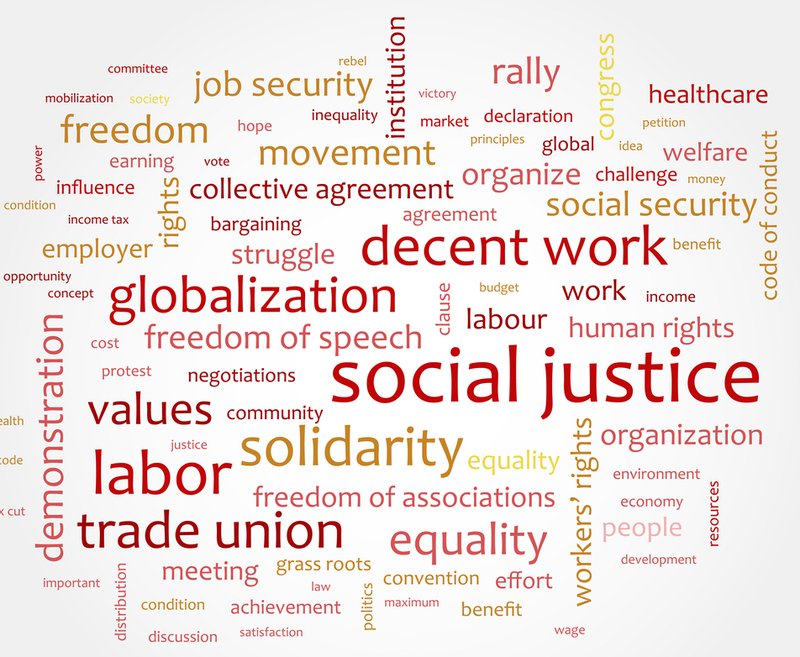
Oswald Spengler’s masterwork contains one of the most devastating critiques of Western values as universal human rights, and exposes the will-to-power and domination behind this ‘tyrannical’ pretence of compassion and pity
Alex Lo: The Decline of the West may be the most dangerous book you will ever read, for a Westerner or anyone educated in the West such as yours truly. The critique of Western moralism is found in chapter nine, which contains, for me anyway, the single most subversive analysis of Western values and rights as universal human values. Crucially, he exposes the hidden will-to-power and domination that lurks behind them, and the specious claims of brotherhood, compression and pity that camouflage their real goal. Here, Oswald Spengler has not only appropriated Nietzsche’s powerful critique of Christian morality, but extended it to Western morality and its dictates as universal command.
Let us pause for a moment and ponder this extraordinary cultural phenomenon: a moral statement or sentiment is interpreted as a command, rather than advice, that not only has an unconditional hold on you but everyone else. And since it is the right thing to do, it shall be done. And since every individual, at least since Martin Luther and the Reformation, is their own moral commander, you and I can and do demand the whole world to follow us – come what may. How truly extraordinary – and frightening!
Is the West in decline?
This may, at first glance, lead to moral anarchy, but it doesn’t. First, let’s start at the beginning of the chapter: “Western mankind, without exception, is under the influence of an immense optical illusion. Everyone demands something of the rest. We say ‘thou shalt’ in the conviction that so-and-so in fact will, can and must be changed or fashioned or arranged comfortably to the order, and our belief both in the efficacy of, and in our [entitlement] to give, such orders is unshakeable.
“That, and nothing short of it, is, for us [morality]. In the ethics of the West, everything is [a] claim to power … For one and all, the beginning of [morality] is a claim to general and permanent validity … He who thinks or teaches otherwise is sinful, a backslider, a foe, and he is fought down without mercy. You shall, the State shall, society shall – this form of [morality] is to us self-evident …
“But it was not so either in the Classical [Greek and Roman] world, in India or China. Buddha, for instance, gives a pattern to take or to leave, and Epicurus offers counsel. Both undeniably are forms of high [morality], and neither contains the [wilful] element.”
In fact, I may add to Spengler, that this wilfulness is precisely what those ancient ethics had repudiated. However, modern Westerners, and those taught in Western tradition – that’s most of us – don’t notice such wilful individualism because it’s encoded into our very cultural DNA from day one.
It’s unfortunate that he decided to call this Western modern morality “ethical socialism”, which can only confuse the contemporary reader. The phrase as he uses it has nothing to do with the economic/political doctrine or with the left. It is, he claims, universal to the whole of Western modernity:
“In spite of its foreground appearances, ethical socialism is not a system of compression, humanity, peace and kindly care, but one of will-to-power. Any other reading of it is illusory. The Stoic adapts himself, the socialist commands …”
Here, he caricatures Kant’s categorical imperative: “This tyrannical tendency … [is to] act as though the maxims that you practise were to be by your will the law for all.”
Cranks and eccentrics: the Westerners who tried to assimilate in Asia
This individualistic-moralistic universalism is, for Spengler, the secularised version of the individualistic rebellious theology of Martin Luther. Luther’s Protestantism removed the church as the mediation or barrier between the faithful and the Bible. You interpret the Bible according to the dictates of your own conscience and conviction.
But here’s the catch. Most faithful don’t have what it takes to take on such an awesome responsibility. Some may prefer an outside authority such as the Catholic Church to tell them what to do. But more often, many are only too happy to apply their own high moral standards to others, but not necessarily to themselves.
Likewise, secular Western moral values. These are applied and imposed universally onto the entire world, which must necessarily fall short of the West’s high moral standards. But it can’t always be done by teaching and moral suasion. Therefore, force and violence often have to be applied. But this is just what Nietzsche calls the will-to-power or domination hiding behind the language of pity, and I may add, condescension. The non-Western world, you often hear, even today, doesn’t know what it is doing and needs to be told – say, how to handle their foreign debts or who they should borrow from.
Think of some contemporary examples, such as the Universal Declaration of Human Rights of the United Nations, a perfect encapsulation of Western values in their universalism. Or, the hysterical reactions of Western pundits, intellectuals and politicians to what the late Lee Kuan Yew and Mahathir Mohamad once claimed to be “Asian values” behind the economic success of Asia.
On the face of it, and volumes of ink have spilled on this topic, it didn’t seem any more or less plausible than what the German sociologist and historian Max Weber called the Protestant ethics – specifically the Calvinist/Puritan work ethics – and the positive effects they had on Western capitalist development.
Here, I am not asking whether such theories about values and economic development are correct or not, but rather, the nearly universal dismissal of “Asian values” in the West. So far as most Western writers were concerned, it was a heretical challenge to the universalism of their political morality and was no more than an excuse to justify non-Western authoritarian rule.
That may be so. But universalism – whether that of the Christian crusades, of making the world safe for freedom and democracy or of ridding the world of tyranny – has been much more frightening in its use of force and violence – because its application is, in principle, without limits.
“This [Western] cultural feeling tends towards infinity”, wrote Spengler. It therefore brings a high moral purpose to conquest, empire and hegemony to cover up self/national interests.
It justifies intervention everywhere; and destroying a country or a society can be done in the name of delivering its people from tyranny and repression. Spengler’s prophecy has been right all along – especially today.
No comments:
Post a Comment